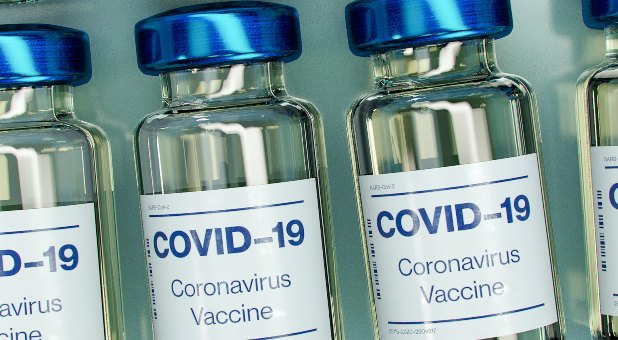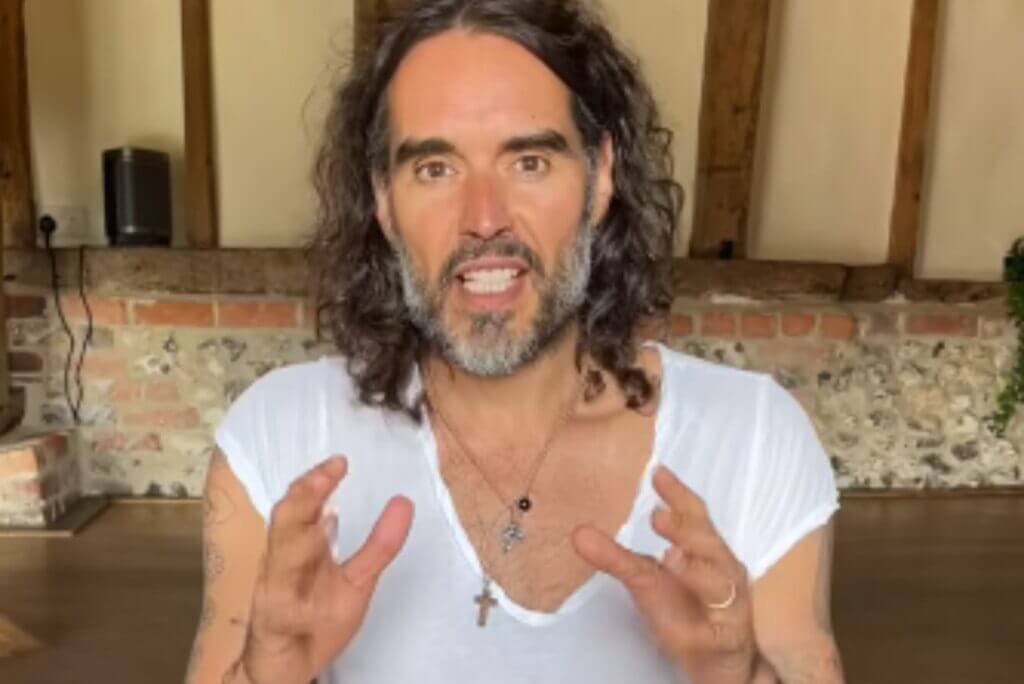As the race for a coronavirus vaccine continues, so do discussions about who should be first to receive it. Initial conversations show health care workers at the top of the list.
The debate is similar to a question the disciples asked Jesus about who would sit at His right and left, who would have those closest, favored seats. In the Gospels of Mark and Matthew, Jesus responds by saying that whoever would be great among them must be a slave to all (see Matt. 23:11, Mark 9:35). Servant leadership.
With Christian values not being the springboard for how the vaccine will be distributed, questions are arising as to how people will be categorized, even valued.
Will the vaccine be sold to the economically privileged?
Will the vaccine be pushed on citizens who don’t want it?
Will it first be distributed to those in political power?
Or will it first be given to people most at risk of dying from the virus—the elderly and infirm?
No decisions have been made, according to The Associated Press, but an expert panel is brainstorming “allocation issues” on behalf of the U.S. Centers for Disease Control and Prevention (CDC). The panel is being led by the nonprofit group Surgo Foundation.
Topping the current list with health care professionals are those in essential industries, people with certain medical conditions and people 65 and older.
Vaccine Status
In the United States, there is yet to be an approved vaccine to prevent coronavirus. The federal government is running Operation Warp Speed, a program with a goal of producing and delivering 300 million doses of “safe and effective” vaccines by January 2021. Other steps include more advanced therapeutics and diagnostics, or countermeasures, according to the U.S. Department of Health and Human Services (HHS).
In March, HHS announced $456 million to fund research. Clinical trials began in Belgium and the U.S. in July. There are an estimated 215 clinical research sites around the world.
Since then, more than $9 billion has been allocated for research, testing and manufacturing through HHS. Most recently, emergency use authorization has been granted on people showing symptoms but not hospitalized.
Once a vaccine is approved by the U.S. Food and Drug Administration, the panel is expected to look at clinical trial data on side effects and how people of various ages, ethnicities and health statuses responded. That information will determine the panel’s recommendations to the CDC on how to prioritize shots.
State officials are expected to follow the federal guidelines as the first vaccines are prioritized and distributed. Early limitations on availability are expected. Distribution strategies, according to Sema Sgaier of the Surgo Foundation, include whether to distribute shots across the country or focus on hot spots. {eoa}
See an error in this article?
To contact us or to submit an article





















